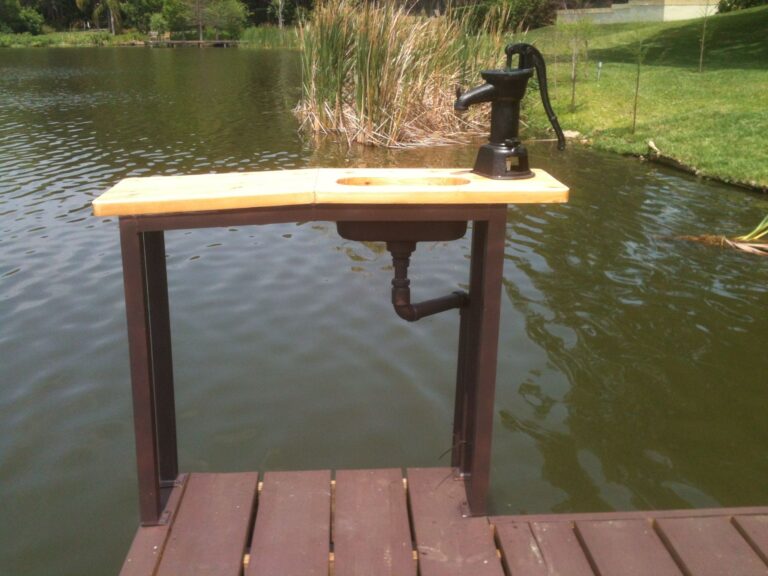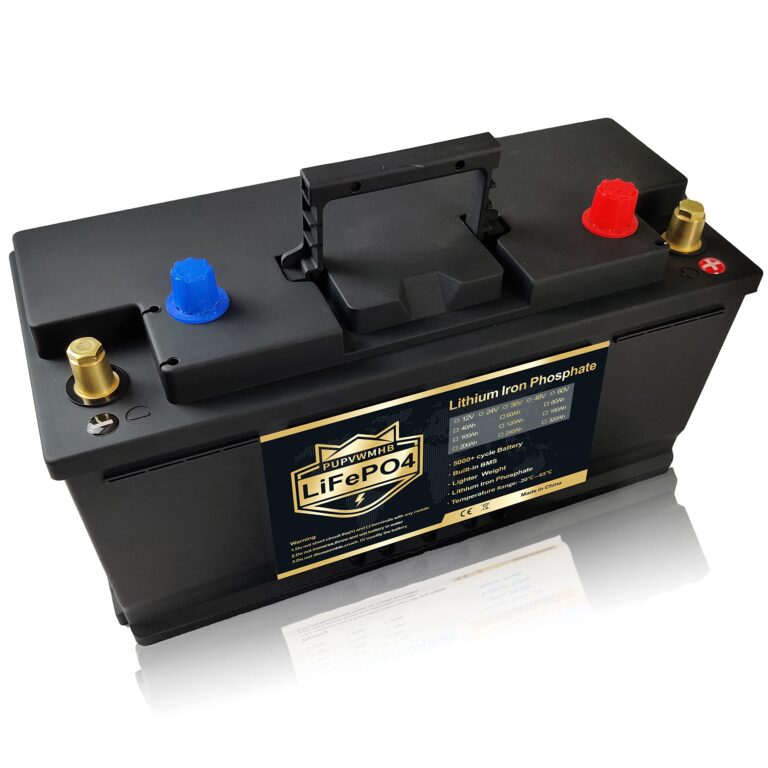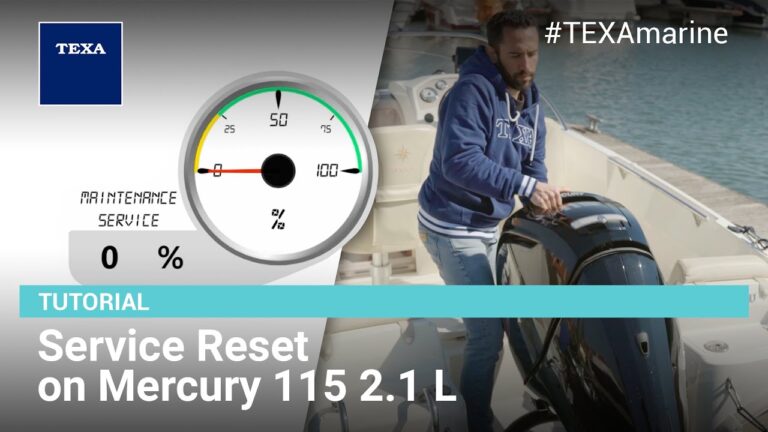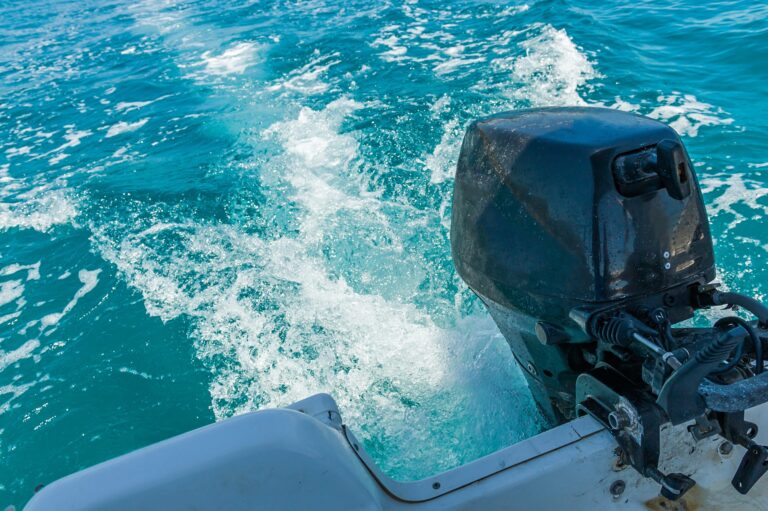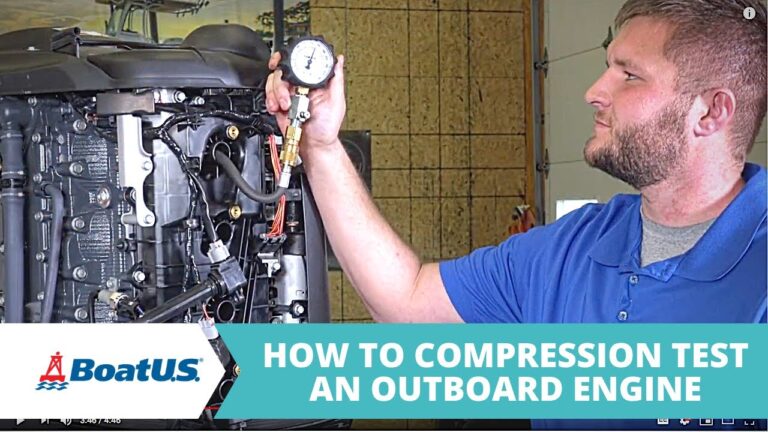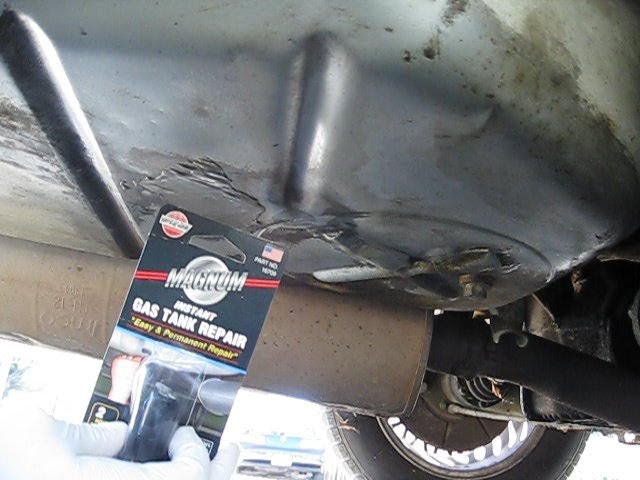Accidentally Started Outboard Out of Water: Avoid Costly Damage
Starting an outboard out of water can damage the impeller and cause the engine to overheat, so it is crucial to always start an outboard in water or use engine muffs.
Why Starting An Outboard Out Of Water Is Problematic
Starting an outboard out of water can lead to various problems. When an outboard motor is started without being immersed in water, it can damage the impeller and cause the engine to overheat. The impeller is responsible for providing the necessary cooling water to the engine, and starting the outboard out of water can cause it to heat up quickly and potentially lead to pump damage. It is crucial to always ensure that the outboard is properly immersed in water before starting it.
Dry starting an outboard motor, even for a quick crank, is not recommended. The impeller can run dry for a short period without causing damage, but prolonged dry running can lead to impeller damage. If the motor has been running for a few minutes without water, it is advisable to inspect the impeller for any signs of wear or damage and replace it if necessary.
It is always best to follow the manufacturer’s guidelines and recommendations for starting and operating an outboard motor. Taking the necessary precautions, such as immersing the motor in water or using hose and engine muffs, can prevent potential damage and ensure the longevity of the outboard motor.
The Importance Of Properly Submerging An Outboard
Avoiding Costly Damage: Tips And Precautions
Starting an outboard engine out of water is a common mistake that can lead to costly damage. It is important to follow proper precautions to avoid any potential issues. Here are some important tips to keep in mind:
- Always ensure the outboard is immersed in water before starting it. This can be done by placing it in a tub of water or using hose attachments and engine muffs.
- Check for any signs of damage or wear on the impeller, which is responsible for pumping cooling water through the engine. Replace it if needed.
- Before starting the engine, ensure all connections are secure and the fuel tank is properly filled.
- Listen for any abnormal sounds or vibrations while the engine is running, as this can indicate a problem.
- If you accidentally start the outboard out of water, turn it off immediately and inspect for any signs of damage. It is recommended to have a professional assess the engine.
When starting an outboard, there are a few common mistakes that should be avoided:
- Never dry start the engine without water or proper cooling mechanisms as it can cause overheating and damage to the impeller.
- Avoid running the outboard for an extended period without water, as this can lead to impeller damage.
- Do not ignore any signs of damage or abnormal sounds. Address them promptly to prevent further issues.
It is important to be able to identify signs of damage in an outboard engine:
- Overheating: If the engine is running hotter than usual or you notice steam or smoke coming from it, it may be a sign of impeller damage.
- Lack of water flow: Check for a steady stream of water coming from the telltale hole while the engine is running. If there is no flow or it is irregular, there may be damage to the impeller.
- Abnormal sounds or vibrations: Any unusual noises or vibrations can indicate a problem with the engine or its components.

Credit: www.reddit.com
Frequently Asked Questions Of Accidentally Started Outboard Out Of Water
What Happens If You Start An Outboard Out Of Water?
Starting an outboard out of water can cause damage to the impeller and the engine can overheat. Always make sure to start an outboard in water or use a hose and engine muffs to avoid damage.
How Long Can Impeller Run Dry?
The impeller can run dry for a short period of time, but it is not recommended. This can cause the impeller to overheat and potentially damage the engine. It is best to always start the engine in water or use a hose and engine muffs to prevent any damage to the impeller.
Is It Ok To Dry Start An Outboard Motor?
It is NOT OK to dry start an outboard motor. Starting the motor without immersing it in water can damage the impeller and cause the engine to overheat. Always ensure the motor is properly submerged in water or use a hose and engine muffs before starting.
What Happens If You Dry Start A Boat Motor?
Dry starting a boat motor can damage the impeller and cause the engine to overheat. It is important to always start the motor in water or use a hose and engine muffs to prevent any potential damage.
Conclusion
Starting an outboard out of water can be a costly mistake. The impeller can get damaged, leading to engine overheating. While a quick start while wet may not cause harm, dry cranking can quickly heat up the impeller and cause pump damage.
It’s crucial to always start the outboard in water or use a hose and engine muffs. Remember, prevention is better than expensive repairs.


